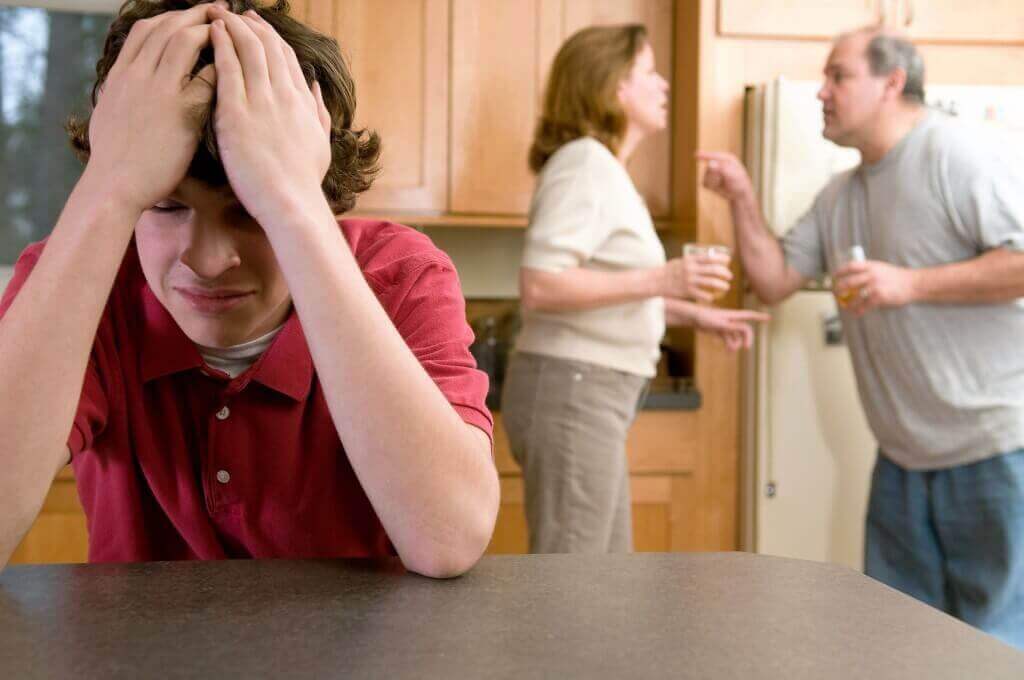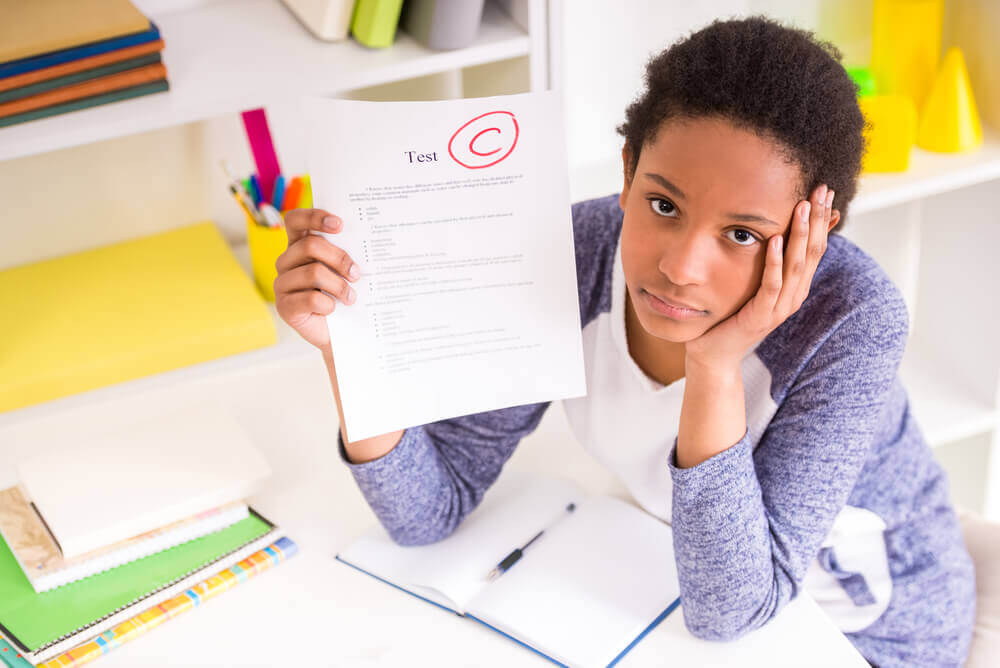5 Effects of Fighting at Home on Your Children


Written and verified by the psychologist Bernardo Peña
No matter how happy and mature your relationship is, there will always be arguments and difficult moments at home. Sometimes, however, you may forget that your child is present and that can have serious, negative repercussions on their development. That’s why today we want to share five of the impacts fighting at home can have on children.
Domestic Violence and its Effects
According to UNICEF, a family is the most important social institution for the rearing, education, and protection of its members. Because of poor communication or emotional management, however, arguments between parents can become serious conflicts that not only hurt them, but also their children.
Specialists even say that worldwide, children are more at risk of violence in their home environment than anywhere else.
You might think that your arguing has no impact on your children. The truth however is that fights between parents, whether verbal or physical, are part of domestic violence.

For this reason, it’s common for arguments at home to indirectly or directly impact children. Today, we’ll tell you why.
You may be interested in the following article: Time Heals all Wounds
The Impact of Fighting at Home on Children
Various factors can shape family relationships. They may be social, emotional, behavioral, or even structural.
These are also modified by physical or emotional violence at home or the use of force – when any form of intentional or unintentional aggression becomes a common tool to try to solve problems.
This causes all members of the household to think that violence is normal. It will affect every aspect of your lives and especially your children, who lack the ability to question, critique, or change their situation.
While we are just sharing the general impacts today, they can affect different aspects of your child’s life and these are some of the most important ones.
1-Physical impacts
Fighting at home can manifest itself physically in your children. They may develop more slowly or suffer from sleeping problems, eating disorders, psychosomatic diseases, and more. In reality, the list is endless.
 2-Emotional impacts
2-Emotional impacts
It’s important to mention that children have no other healthy frame of reference other than their parents. Thus, they may struggle to understand their emotions in a household where fighting is the norm.
It may be difficult for them to manage frustration or anger so they express themselves through aggression. This causes violent behavior, either toward others or themselves.
They may also feel helpless when faced with this trauma. This can lead them to withdraw from others due to anxiety and fear.
3-Social impacts
Another impact of fighting at home is that your child may lose their ability to communicate well and establish friendships or other close relationships with people.
This is because they’re afraid of experiencing trauma again and they use avoidance behaviors to keep from feeling things that they associate with violent memories. They may also develop a lack of empathy, become detached, become aggressive, or engage in criminal behavior.

4-Cognitive impacts
Children who witness their parents fighting have difficulty concentrating. It can also be hard for them to pay attention, which affects their academic performance and development.
It’s also possible for them to develop dissociative behaviors. This is a defense mechanism through which they try to distance themselves from reality to minimize conflict and stress.
This is considered to be a disorder because it can alter your consciousness, identity, memory, and your perception of what’s happening around you.
5-Self-esteem impacts
Because they are still developing, children may form negative feelings about themselves. They might think that they’re guilty or responsible for the fighting.
This often results in low self-esteem, depression, and anxiety.
Conclusions
Family violence is directly linked to hurt, aggressive and insensitive behavior among children when they’re young as well as later in life. If this problem isn’t dealt with in a timely fashion, it can become a threat not just to the children’s health, but also to society.
As parents, you have to take responsibility for your own actions and manage them in the best possible way. Even if you’ve gone through a difficult life or your family memories are heavy with violence or abuse, you don’t need to pass this on to your own children.
Try to change these toxic patterns and resolve your relationship problems in a civil and loving way. If it’s too difficult, try working through them with a therapist.
The health and well being of your children is vital – make sure they’re happy.
All cited sources were thoroughly reviewed by our team to ensure their quality, reliability, currency, and validity. The bibliography of this article was considered reliable and of academic or scientific accuracy.
- UNICEF. (n.d.). Violencia infantil: una realidad demasiadas veces silenciada. Unicef. https://www.unicef.es/blog/violencia-infantil-una-realidad-demasiadas-veces-silenciada
- Armenta, M. F., & Romero, J. C. G. (2008). Consecuencias de la violencia familiar experimentada directa e indirectamente en niños: depresión, ansiedad, conducta antisocial y ejecución académica. Revista mexicana de psicología, 25(2), 237-248. https://www.redalyc.org/pdf/2430/243016308004.pdf
- REDEM. (n.d.). Consecuencias psicológicas de la violencia familiar en los niños. Boletín REDEM. http://www.redem.org/boletin/boletin310710e.html
- Rincón Vacca, C. P. Daño psíquico en las víctimas de violencia intrafamiliar. Una revisión de la literatura reciente. https://repository.usta.edu.co/handle/11634/15088?show=full
- Muñiz Ferrer, M. C., Jiménez García, Y., Ferrer Marrero, D., González Pérez, J., & Rondón García, I. (1996). Sobre la percepción de la violencia intrafamiliar por los niños. Revista Cubana de Medicina General Integral, 12(2), 126-131. http://scielo.sld.cu/scielo.php?pid=S0864-21251996000200003&script=sci_arttext&tlng=pt
This text is provided for informational purposes only and does not replace consultation with a professional. If in doubt, consult your specialist.








